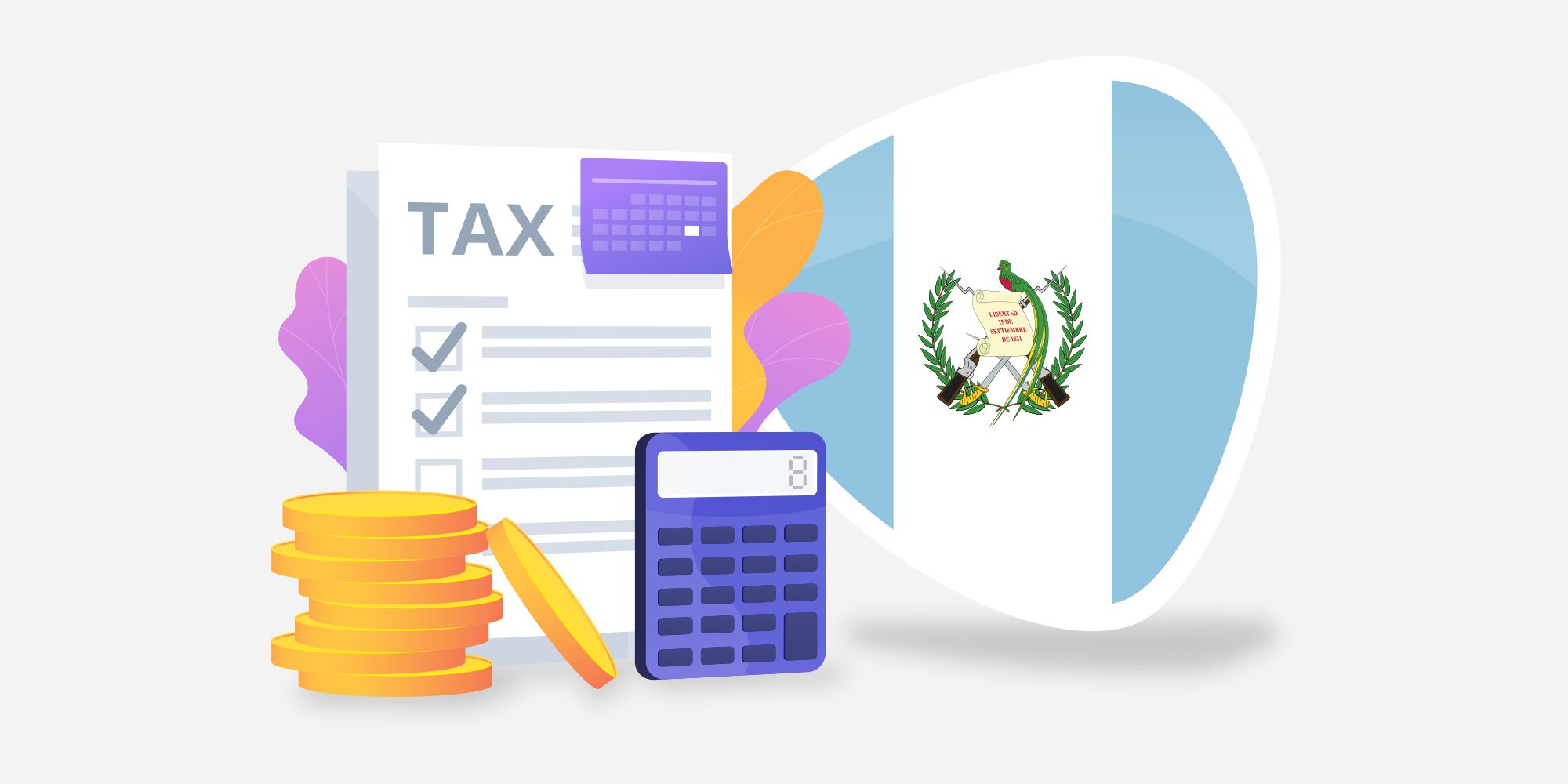“Government Agreement No 245-2022” was published in Guatemala’s Official Gazette on 14 October 2022. The Ministry of Finance has amended article 30 of Regulations of the Value Added Tax Law (Government Agreement No 5-2013) and has set new requirements for tax documents, including changes to the legal requirements for invoices, special invoices, invoices of the Simplified Taxation Regimes, and debit and credit notes.
These new reforms state that the words “final consumer” or acronym “CF” may be issued only in those invoices for sales or services that total less than 2,500.00 quetzales (GTQ) along with all documents issued for the provision of basic consumption services (drinking water, electricity and telecommunications) totalling less than GTQ 500.00.
The reform also includes the following changes to the legal requirements for invoices, special invoices, invoices under the Simplified Taxation Regimes, debit and credit notes:
Article 30: As appropriate to each type of document and in accordance with current legislation, the documents should include language to state:
- It does not generate the right to a tax credit.
- Direct payment, resolution number and date.
- Subject to quarterly payments.
- Subject to definitive retention.
- For the Special Agricultural Taxpayer Regime, as appropriate, the phrases:
- “In the form of payment on gross sales.
- “In the form of payment on profits, do not retain.”
- For the Electronic Regime for Small Taxpayers and the Special Electronic Regime for Agricultural Taxpayers, the phrase “Do not retain” and the number of the resolution of incorporation into the regime.
Article 9: NIT (taxpayer number) of the acquirer. If you do not have it, the Unique Identification Code (CUI) of the Personal Identification Document (DPI) should be recorded. The words “final consumer” or the acronym “CF” may be recorded only in documents that prove sales or services of less than 2,500.00 quetzales; and in documents that prove the provision of basic services of consumption of drinking water, electricity and telephony less than 500.00 quetzales.
Depending on the nature of the taxpayer’s economic activity, the Tax Administration may authorise the use of invoices with blank spaces for the acquirer to enter their full name and NIT. (Electronic tax documents issued under the FEL Regime are excluded from this provision.)
The Tax Administration may also authorise the use of invoices for temporary establishments – though these cannot be replaced by those authorised for use in establishments with a fixed commercial address.
These regulations will enter into force three months after their publication in the Official Journal – so are effective from 14 January 2023.
For more information on this, or any other questions about your operations or investments in Guatemala, the Auxadi team in Guatemala City is at your disposal.
Contact our team today to find out exactly how we can help you
Local Knowledge – International Coverage
Founded in 1979, Auxadi is a family-owned business working for multinational corporations, private equity funds and real estate funds. It’s the leading firm in international accounting, tax compliance and payroll services management connecting Europe and the Americas with the rest of the world, offering services in 50 countries. Its client list includes many of the top 100 PERE companies. Headquartered in Madrid, with offices in US and further 22 international subsidiaries, Auxadi serves 1,500+ SPVs across 50 jurisdictions.
All information contained in this publication is up to date on 2022. This content has been prepared for general guidance on matters of interest only, and does not constitute professional advice. You should not act upon the information contained in this chart without obtaining specific professional advice.No representation or warranty (express or implied) is given as to the accuracy or completeness of the information contained in this content, and, to the extent permitted by law, AUXADI does not accept or assume any liability, responsibility or duty of care for any consequences of you or anyone else acting, or refraining to act, in reliance on the information contained in this chart or for any decision based on it.



